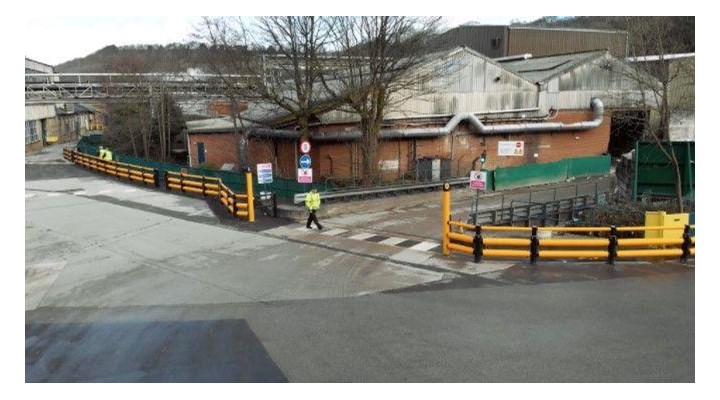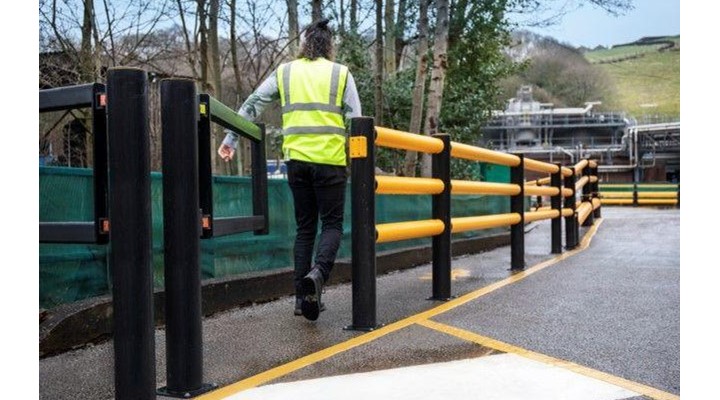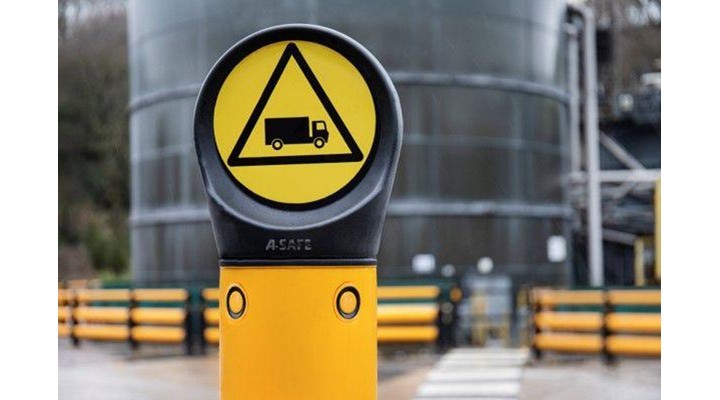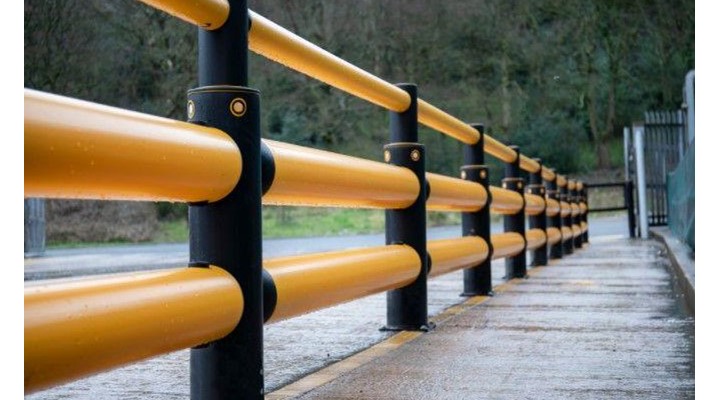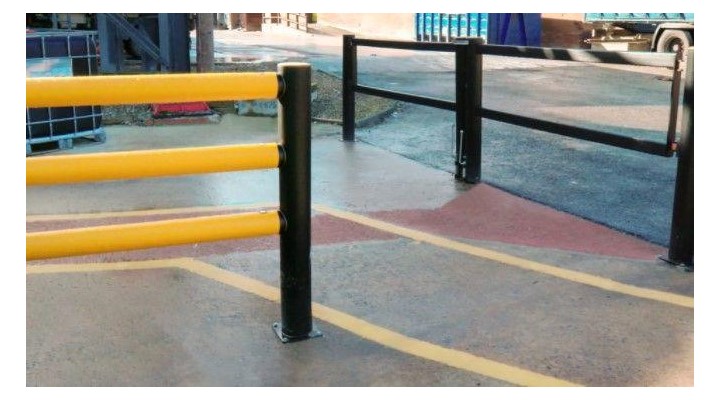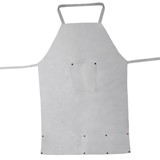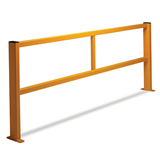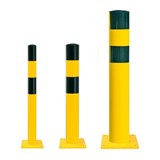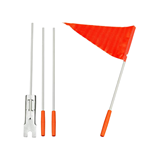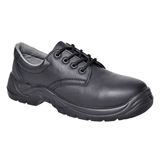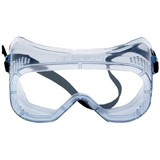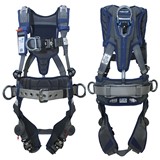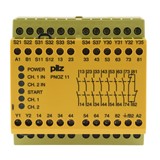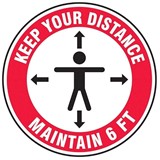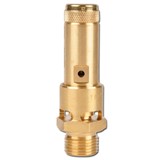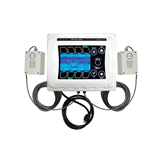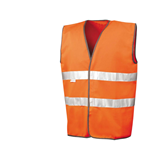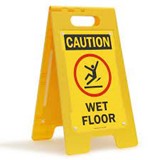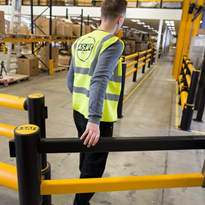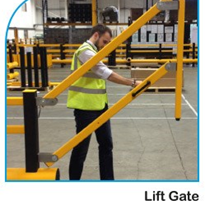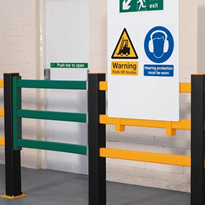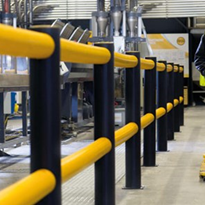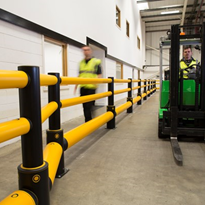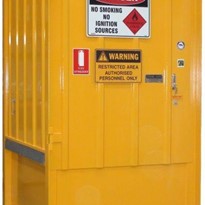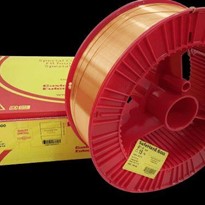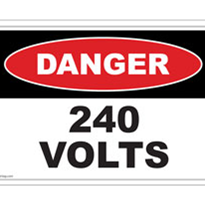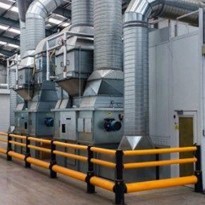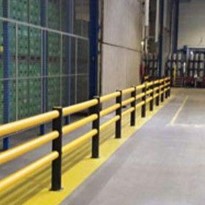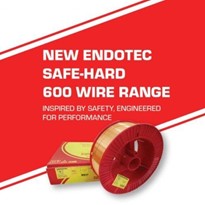To enhance safety at its paper and cardboard recycling facility, it turned to the expertise of A-SAFE – and the guidance of PAS 13.
The Sonoco Alcore paper mill in West Yorkshire is an extensive facility comprising multiple buildings, silos and access roads. It recycles paper and cardboard for the packaging industry. The facility is also home to the UK’s first and only recycling operation for polymer-coated cardboard food and beverage cartons, which Sonoco Alcore runs in conjunction with the Alliance of Beverage Cartons and the Environment (ACE) UK.
Sustainable operations
“Sustainability and recycling are at the heart of everything we do,” Director of Safety for Sonoco Europe Steff Williams says. He is responsible for the safety of employees across the company’s European operations. The West Yorkshire site employs 84 people and operates around the clock, 365 days a year. More than 200 tonnes of materials pass through its gates every day, generating a lot of heavy goods vehicle and materials handling equipment traffic.
SITUATION
History meets modernity
Williams’ colleague, Stephen Law, is the UK Paper Mill Safety Coordinator: “From a safety point of view, segregating our people from those vehicle movements is very important,” he says. Sonoco takes safety extremely seriously at all its global facilities, so the company wanted pedestrian protection to reflect those high standards. Paper and board have been made and processed at the mill for generations and this is reflected in how the site has grown. Today it is a mix of legacy and more recent buildings – equipped with state-of-the-art machinery – all linked by pedestrian walkways and vehicle access roads.
Reducing operating risk
The types and volumes of vehicle traffic vary across the site, as does the risk of pedestrian impact incidents. Before the decision to review its safety infrastructure, it used painted walkways and steel barriers as demarcations between pedestrians and active vehicle traffic routes.
Walkways and crossings in areas with high levels of heavy goods traffic – such as near the finished goods loading bay and weighbridge – were especially vulnerable to impact incidents. The main site entrance was also an area of concern: “It scored particularly high in the risk assessment prior to installing the barriers,” says UK Paper Mill Project Engineer Peter Thompson. Elsewhere on site, the absence of physical segregation meant that pedestrians could deviate from walkways and had no protection at all should the worst happen and a moving vehicle stray into their path.
Steff Williams has been familiar with A-SAFE for around a decade. He first encountered the company during his tenure with former-employer, Coca-Cola. The quality of A-SAFE products left a lasting impression, “I don’t know of any other barrier that exists on the market that meets the testing regime that A-SAFE does,” he says. “And obviously that is now supported by PAS 13 and certified by TÜV Nord.”
The company was therefore his first point of contact when it came to reviewing safety infrastructure.
Setting the standard in workplace safety
An A-SAFE workplace safety specialist visited the site and carried out a comprehensive safety survey based on the best practice guidance of PAS 13. Published by the British Standards Institution – and produced over two years in cooperation with the UK Health and Safety Executive, and a panel of leading companies from across industry – PAS 13 is the definitive code of practice worldwide for safety barriers in the industrial workplace. It sets a benchmark for barrier testing, best practice for traffic management, and safety barrier installation.
Factors such as the types of vehicles in operation, their speeds and weights – as well as the heights and angles of a potential impacts – are all critical in determining the correct specification of safety infrastructure in a PAS 13-compliant installation. This is why A-SAFE uses it as the basis for every customer installation.
SOLUTION
A bespoke solution
Working closely with the Sonoco safety team, A-SAFE tailored a solution that reflected the diverse nature of the traffic on site and the variations in risk. Where vehicle traffic was infrequent and the potential energy of an impact was low, the main application for the barriers was pedestrian guidance and segregation. Therefore, iFlex Pedestrian Barrier 3 Rail provided the correct levels of protection, as it is a pedestrian product that can also withstand impacts from materials handling equipment.
Elsewhere, where the risk of vehicle impact and potential impact forces were higher, iFlex Single Traffic Barrier+ provided the ideal level of protection. Finally, in the highest risk zones of the facility – such as around the main entrance, loading bays and weighbridge – vulnerable walkways were protected with iFlex Double Traffic Barrier+ for maximum impact resilience.
Reducing risk at crossing points
An important aspect of the installation was reducing risk around pedestrian crossing points. PAS 13 best practice advocates the use of inward opening gates at the ends of walkways and at walkway access points. Sonoco followed this guidance and the recommendations of A-SAFE, installing Swing Gates to create a pause effect that encouraged pedestrians to stop and look for traffic before stepping beyond barrier-protected areas. In the high-risk zones, pedestrian and driver awareness of dangers was further enhanced through the use of 2-metre end posts topped with highly visible sign caps displaying hazard warnings.
Access control
Sonoco also had a very specific requirement for controlling access in an area only occasionally used by vehicles, “We have to have tankers reversing to empty tanks at particular times throughout the year,” Peter Thompson explains. “So, it was important that with a pedestrian walkway crossing it, we had some sort of demarcation and barrier to stop pedestrians and open access for the tankers.”
The solution was to install twin two-metre Long Swing Gates along the crossing point. For most of the time, these would be closed to traffic and provide a clear separation between the pedestrian vehicle routes; however, when tankers needed access, the gates could be opened to allow vehicles through, while at the same time closing pedestrian access: an arrangement similar to those seen at some railway level crossings.
Improved safety, improved site
The new safety barriers have made a significant difference in reducing risk and improving traffic movements and efficiency on site. The feedback from employees and visitors alike has been overwhelmingly positive, “Everyone has commented on how well the site looks,” says Thompson. “And the pedestrians and traffic are separate, which is great for everybody.”
Worth investing in the best
UK Paper Mill Manager Andy Furness also considers the new A-SAFE safety infrastructure a worthwhile investment. For him, it was far better to spend more on getting the best product than what he described as, “skimping on the safety of the barriers and then maybe putting people at risk.”
It is an approach that employees on the shop floor value and appreciate as an investment in them. When asked about his thoughts on the new barriers, Process Engineer Junaid Tariq says that workplace accidents can have far-reaching consequences for victims as well as their loved ones, “The fact that Sonoco is investing in safety around the mill, it is looking after my interest and wellbeing, but also the interest and wellbeing of my family as well,” he concludes.


